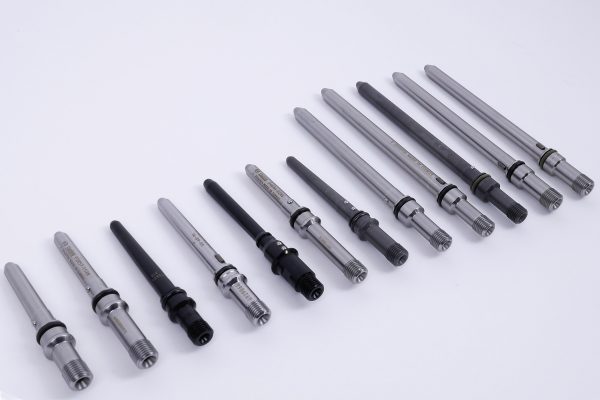What is Automotive Precision Machining Technology and Why Is It So Important?
The need for innovation has never been greater than today– Each new model needs to be better, faster, and more efficient than the one that came before it. Between tech-based features, fuel efficiency, and reliability in general, there is an urge for automakers to constantly break new ground – a tall order, to be sure.
In an effort to serve the desired audience and to help do so in the most cost-effective way, manufacturers are turning to automotive precision machining technology to ensure the job gets done properly.

A New Era of Precision Machining Engineering Is Upon Us
Arguably automotive precision machining technology takes the form of CNC machining, also commonly referred to as numerical control. It’s a way to leverage computers and automation to better control tools that are used to make automotive parts.
The major benefit here is that automotive components can be precisely designed on a computer, at which point a file is translated into a sequence of specific instructions. That information is then passed onto a motorized tool, which then creates the part in question. Not only does this allow for tighter tolerances than ever before, but it’s also a technique that yields far greater accuracy (and thus less of a potential for waste) than more traditional machining techniques.
In addition to that accuracy, another one of the biggest advantages of automotive precision machining technology comes down to repeatability. Once the systems have been programmed, operators don’t have to worry about things like discrepancies between parts. Large volumes of a single part can be produced consistently and reliably – making it the perfect option for situations where demand is very high.
One way that this type of automotive precision machining technology is used has to do with how modern vehicle engine systems are created. A massive aluminum block can be cut down into a finely designed engine block using CNC machining. The same is true of other parts like fuel injector parts, fuel pump parts, parts for the steering, suspension and the exhaust systems, among others.
Of course, that’s not to say that automotive precision machining technology isn’t without its potential disadvantages. Investment for machine tools can be high and requires high volume to justify, and return on investment will take time. Programming the computer systems and getting the process right can be time-consuming and therefore costly. Precision machining can be more expensive than alternative methods as it is a reduction manufacturing process, taking down materials to create parts, thus, generating wastes of materials and other byproducts. But certain features and low volume cause you literally can’t get anywhere else.
It’s also an example of why it’s so important to have the right automotive precision machining technology partner at your side when you embark on your next big project. They can leverage their expertise to your advantage, helping you enjoy all of the benefits of this process with a few of the potential downsides as possible.
If you’d like to find out more information about automotive precision machining technology, or if you’d just like to speak about your own needs with a team of professionals in a bit more detail, please don’t delay – contact Impro today.